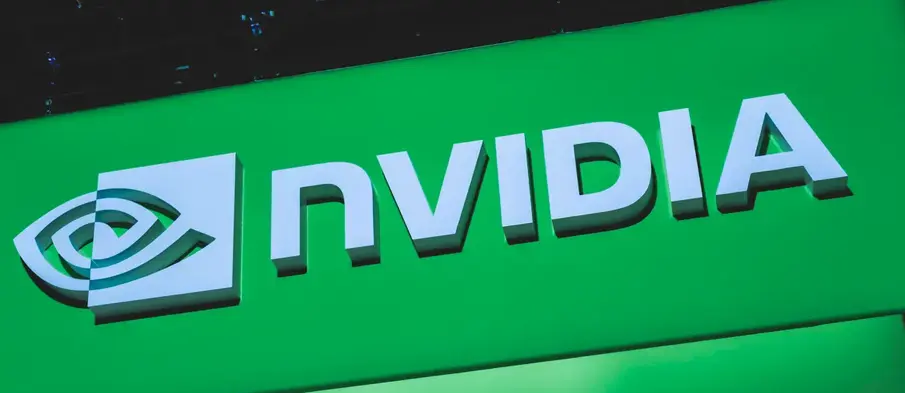
Nvidia CEO Jensen Huang recently met with members of the U.S. House Foreign Affairs Committee to discuss growing concerns around the rising artificial intelligence capabilities of Chinese tech giant Huawei, according to a senior staff member from the congressional committee.
The closed-door discussion, held on Thursday, included deliberations on Huawei’s AI chip development and how U.S. export restrictions on Nvidia’s products might inadvertently boost the global competitiveness of Huawei’s semiconductor offerings.
A senior committee staffer noted that if advanced models—like DeepSeek R1—are trained on current or future Huawei chips, it could lead to heightened global demand for Huawei’s AI hardware. “That would pose a risk of creating a significant market pull toward Huawei’s chipsets,” the source stated.
Nvidia’s spokesperson, John Rizzo, confirmed that Huang emphasized the strategic significance of AI as national infrastructure during the meeting. Huang also reiterated Nvidia’s commitment to bolstering U.S. technological leadership and manufacturing. “Jensen met with the House Foreign Affairs Committee to discuss the strategic importance of AI as national infrastructure and the need to invest in U.S. manufacturing. He reaffirmed Nvidia’s full support for the government’s efforts to promote American technology and interests around the world,” said Rizzo.
Nvidia’s high-performance chips are crucial for powering AI tools such as large language models and image generators. These chips have been subject to U.S. export restrictions dating back to the Trump administration. To stay compliant, Nvidia has repeatedly adapted its products to meet shifting regulatory requirements.
However, in a recent development, the U.S. government reportedly asked Nvidia to halt sales of its latest China-focused chip, the H20. This chip had been gaining traction in China due to its affordability and compatibility with AI models like those developed by DeepSeek.
In the wake of Nvidia’s restricted access to the Chinese market, Huawei has begun ramping up production of its competing chips. According to Reuters, the company is preparing to roll out these chips at scale, potentially filling the void left by Nvidia.





